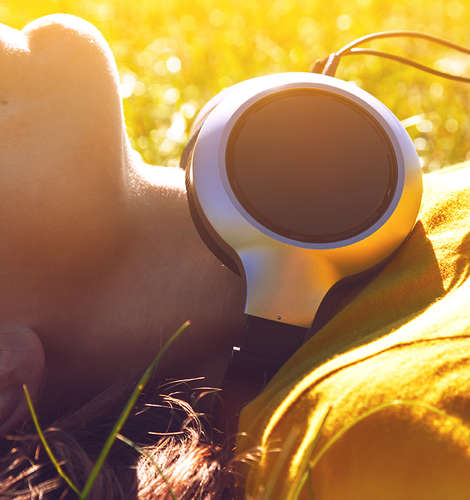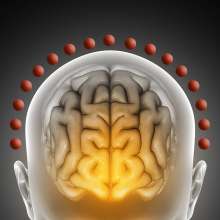Over the past decades, music has emerged as a therapeutic art form to address stress and cope with trauma. Music has been shown to play a role in helping both individuals and communities cope with traumatic stress. It is widely used in the treatment of traumatized patients.
Music affects
Music is one of the richest human emotional, sensory-motor, and cognitive experiences. German philosopher Friedrich Nietzsche wrote that. "without music, life would be a mistake."
It involves listening, watching, feeling, moving, coordinating, remembering, and anticipation. Music experience is often filled with strong and deep emotions - joy, sadness, bittersweet memories, excitement, beauty...bringing on overwhelming reactions at times, such as tearing eyes or shivers down the spine.
In fact, music is known to exert a wide range of physiological effects on the human body including changes in heart rate, respiration, blood pressure, skin conductivity, skin temperature, muscle tension, and biochemical response.
Why is music therapeutic?
A large number of cortical and subcortical brain regions are involved in music listening and music activities, making these activities powerful tools to engage multi-sensory and motor neural networks.
The brain is a highly dynamic structure that changes and adapts as a result of activities and demands made upon it by the environment. Music activities has proven to be a powerful stimulus for brain adaptation and plasticity.
Brain plasticity induced through music can produce many benefits, not only in improving compromised sensorimotor brain network, but also in influencing neurohormonal status, and cognitive and emotional processes.
The multimodal effects of music together with music's ability to tap into the emotion and reward systems in the brain can facilitate and enhance therapeutic approaches to sooth the traumatized mind and heart.
Music to cope with trauma
In a 2010 case study of American children aged 8-11 who had survived a tornado, music was used to assist the children express their feelings and make the transition back to school. The children created a musical composition based on their feelings about the tornado, and that enabled them to acknowledge and process their emotions in a healthy, healing way.
Music therapy was used to assist young people after the Black Saturday fires in Victoria, Australia in 2009. The musical experiences of song writing and sharing were shown to have helped them bonded with others who have experienced similar loss. They regained a sense of control and confidence in the process.
Survivors of violence have also benefited from music therapy. In a successful project, 33 music therapists provided more than 7,000 programs to children, adults and families who survived the 9/11 terrorist attack in New York City. Music activities helped reduce stress, cope with trauma and process emotions associated with the crisis.
Self-directed music activities such as listening, playing, singing, dancing, and songwriting, are useful in reducing traumatic stress too.
In a study of the effects of music on sleep, researchers found that music relaxation led to significant improvement in sleep latency, sleep activity, mean wake episode and sleep efficiency. They concluded that music relaxation is effective in improving sleep measures and reducing depressive symptoms.
In another study, researchers induced in participants a stress virtual reality experience by depicting a virtual exterior platform elevator moving up and down a 350 meters tall building. During the virtual ascending and descending, background music was played to one group and not to the other.
Results showed that a significant increase in anxiety was found between pre- and post- stress in the silence group, but not in the music group. Researchers suggest that music facilitated faster post stress recovery in the music group.
Studies on music therapy suggest that benefits include mood improvement, self-expression, emotional release, facilitating grieving, relaxation, reflection, acceptance, reduction in avoidance and the risk of disassociation, social interactions, communication, bonding, stress reduction, community building, and more.
While the effectiveness of music activities in helping to cope with trauma and stress is clear, there are still many unanswered questions about underlying neurophysiological mechanisms, and why and how music is effective.
For example, whether creative activity confer more benefits than passive listening, and whether lyrics or acoustic components are more healing are some unanswered questions. There is also a need for more research focusing on the impact of music on clinical populations including PTSD patients.





